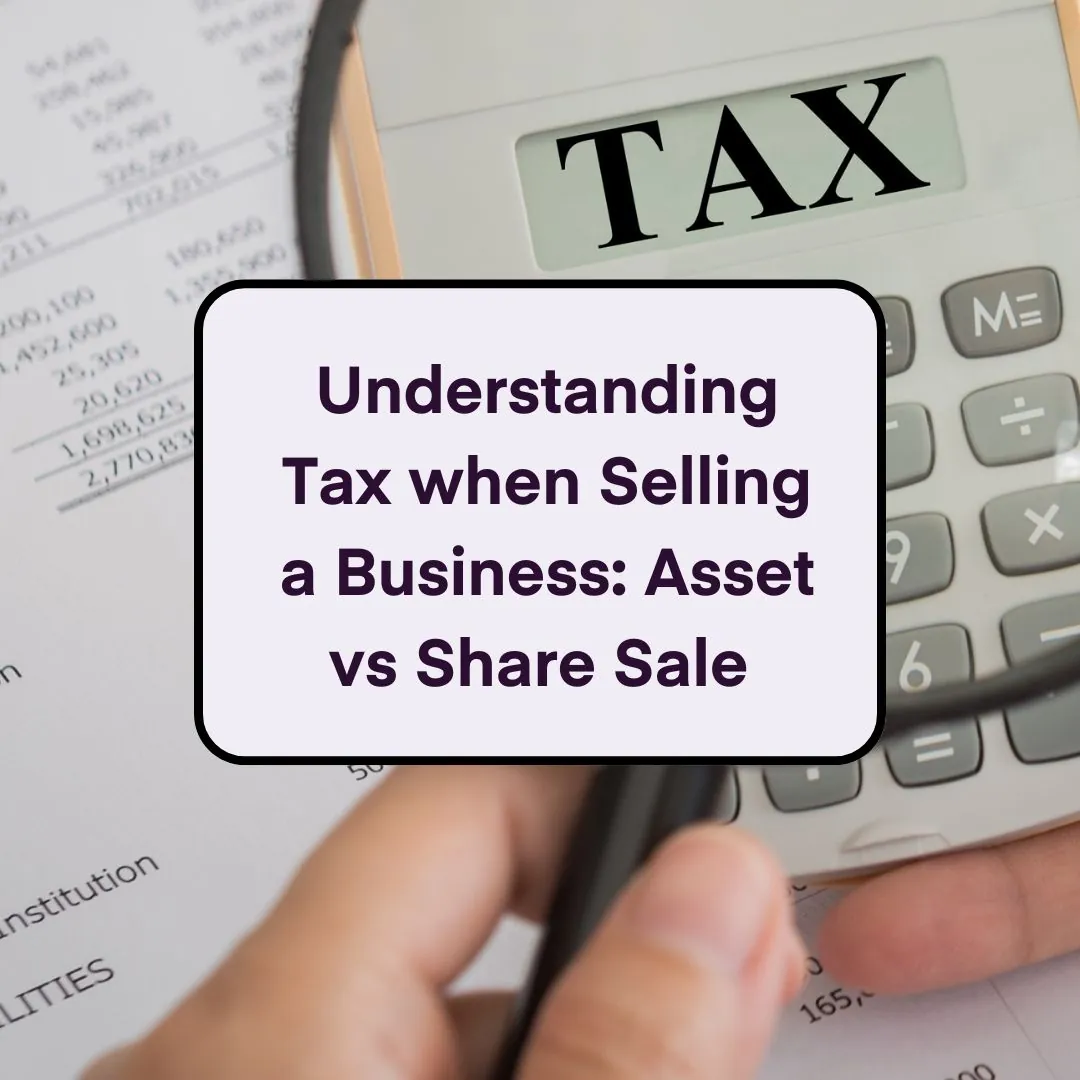
Personal Service Companies: Public Sector Contracting Change
14 Apr 2016Small businesses working for the public sector are set for new pressures if they operate through umbrella companies from April 2017.
New rules announced by Chancellor George Osborne in his Budget introduced a duty on public sector organisations to ensure contractors working through personal service companies pay the right tax.
Mr Osborne claims the taxman loses out on £440million a year due to contractors working ‘off-payroll’ when really they should be treated as employees.
From April 2017 public sector bodies such as local councils or government bodies will need to check that the individuals they employ through umbrella or personal service companies pay the right tax.
This creates the risk that public sector organisations will stop using contractors or they will suddenly be treated as full-time employees and need to pay more tax.
If successful, the chancellor could even extend the rules into the private sector.
A consultation will be launched before the rules are introduced in April 2017.
What is this crackdown about?Tax avoidance is a big bugbear of this government and while big companies arguably are most responsible, the self-employed are increasingly put under the radar for what are perfectly legitimate arrangements.
Mr Osborne is concerned about ‘disguised employment,’ where individuals work regularly for one company but get around paying income tax and national insurance by operating through a personal service or umbrella company.
This is common within the construction and IT industries. The increasing use of companies may be a concern for the Treasury as more individuals choose to start their own businesses and limited companies. A limited company pays less tax than a sole trader, taking income away from Whitehall.
By placing an obligation on the public sector he takes pressure off HMRC, but also risks limiting opportunities for contractors as officials may just treat them as employed, meaning they pay more tax.
There is also a risk that the rules are practiced in the public sector before being applied in the public sector and making company bosses responsible to ensure their contractors pay the right tax.
How do you know if you are a ‘disguised employee‘?
HMRC operates a set of rules known as IR35 that dictates whether an individual should be treated as an employee or contractor for tax purposes.
IR35 comes into play on any business arrangement where a person (referred to as a client) uses the services of another individual (referred to as a contractor) by involving an intermediary (a sole trader or a limited company) and that if, had it not been for the existence of the intermediary, the contractor would have been taken on as an employee of the company.
Essentially, if the intermediary did not exist, what would the relationship between the client and the worker be?
If a worker is deemed to be ‘an employee’ HMRC will use a salary calculator to determine what is to be taxed under NI contributions and PAYE.
This means that all earnings, except for a small list of deductions like 5% for company running costs) will be taxed as a salary.
However, you wouldn’t get any of the legal rights or benefits that an actual employee receives.
Is contracting still worth it?
The thought of the taxman knocking on your door and the removal of reliefs may make operating as a contractor through an umbrella company seem like too much hassle.
This is compounded by chances to dividend taxes that affect the way limited company directors draw income and could reverse the trend of self employment.
But remember you get more flexibility and can benefit from paying corporation tax rather than the higher rates of income tax.
The alternative is to try to get a full-time job, which would mean paying income tax rather than the lower corporation tax rates, or ensure you have a range of clients so you are not just working for one through an agency.























